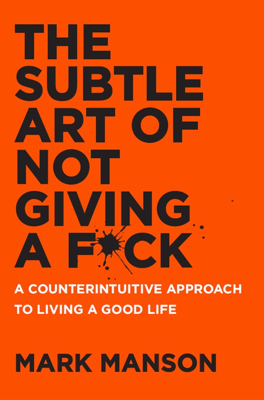Failure Is the Way Forward
Embracing Failure as a Stepping Stone to Success
Mark Manson shares his early failures during the 2007 financial recession. Upon finishing college, he faced severe financial woes, including a roommate's unpaid rent and subsequent loss of his own savings. Forced to couch surf and undertake menial jobs, Manson realized that hitting rock bottom early equipped him with a fearless attitude towards failure. This mindset liberated him from the fear of starting new ventures, such as blogging and an internet business, because he had nothing to lose.
The Failure/Success Paradox illustrates that failure is not only inevitable but also necessary to achieve significant success. For example, mastery in any field is a result of numerous failures. A child learning to walk will fall countless times, yet they don't consider giving up as a feasible option.
Pain Is Part of the Process introduces Kazimierz Dabrowski's theory, which suggests that suffering and psychological turmoil can lead to substantial personal growth and improved psychological resilience. Manson emphasizes that overcoming our darkest moments necessitates reevaluating our deepest values, potentially leading to profound life changes and growth.
Manson proposes the "Do Something" Principle as a strategy to overcome inaction and fear. Taking any action, regardless of motivation, spurs further actions and eventually builds motivation. This method helps individuals to move beyond procrastination by altering the conventional sequence of inspiration, motivation, and action to a more practical action-first approach.
Actionable Insights: - Understand that early failures can set the stage for later successes by removing fear and fostering a robust attitude towards challenges. - Recognize that enduring and learning from pain and failure is crucial for personal growth and developing resilience. - Adopt the "Do Something" Principle: start with small, manageable tasks to build momentum in any undertaking, changing your focus from outcome to action. This shift diminishes the fear of failure, as all outcomes contribute to progress and learning.
This perspective on failure challenges conventional success ideologies and emphasizes a more dynamic and resilient approach, where failure becomes a form of progress and a catalyst for growth.
